
The new Fourmile Mountain Bike Park is now “the biggest dedicated bike park in the greater Des Moines area,” according to Adam Fendrick, Park Planner for Polk County Conservation. Iowa’s new mountain bike park features 3.5 miles of professionally built trails with progressive jump lines ranging from beginner to advanced.
“The flow trails have the typical tabletops, rollers, and berms — all common features in trails, but these features are new to the Des Moines area,” said Fendrick.
While the trails are relatively flat, they’re still “designed to accommodate riders of all skill levels,” according to Aaron Steele, owner of Tailored Trails, who built the bike park. “There are multiple cross-country trails for beginners, and then there are four downhill trails with varying levels of difficulty to allow riders to improve their skills and work their way up to the black diamond lines in the jump park.”
Steele worked to make the most of the minimal elevation to build trails that have “the feel of a bigger and progressive difficulty loop network.” To do this, they incorporated imported rock, dirt, and wood structures.
During the build, they also pivoted quickly to make the most of 9,500 cubic yards of dirt that had been stockpiled on the site. While the dirt was originally intended for another project, “construction timelines changed, and that dirt needed to remain on site,” said Fendrick. “It was a bit of a last-minute scramble to determine how to utilize this surplus of dirt, but we were able to develop some nice gravity trails off the dirt pile ranging from a fun green trail with rollers to a BMX-style jump line trail that starts off with a steep drop from an over/under bridge.”

The challenges of building an urban trail system
The park “sits in the middle of a very urban area,” said Fendrick. Building an urban park is no small feat, and it took over five years for Fourmile to become a reality. Work to purchase the property began in 2019. Money was raised via the Water & Land Legacy Bond referendum, a U.S. National Parks Service Land & Water Conservation Grant, a State Recreational Trails Grant from the Iowa DOT, the IMBA Dig-In grant, and the local mountain bike club, Central Iowa Trails Association (CITA).
Polk County Conservation had to raise $1.3 million before they could put the project out to bid. Of that amount, $560,000 was invested in the construction of the 3.5 miles of new singletrack, and the “parking lot and trailhead improvements [are] estimated at $700,000,” according to Fendrick. The land was acquired for $300,000 — half of the original asking price. “I believe they sold it at a reduced cost because they believed in the vision we had for the land as a park and believed in the mission of Polk County Conservation,” said Fendrick.
The biggest challenge to getting the new singletrack built was the neighbors. The land for the new bike park had to be rezoned, “and in that process, there was a large opposition from the adjacent neighbors that emerged,” said Fendrick. “The cycling community was incredibly supportive of the project from the start. They turned out to city and county government meetings and celebrated the project. That played a huge part in the rezoning being approved.”
Eventually, most of the neighbors came around when they realized that a conservation-focused public park is a much better use of the land than the vacant lot — which had often been used for illegal dumping.

Bikes and conservation coexist harmoniously in Fourmile Park.
From the beginning, “Polk County Conservation’s goal for the park was to first restore the land and stream back to a more natural state, and second, add an element of recreation throughout the property,” said Fendrick. The trails were carefully laid out to avoid a floodplain, which covers about half of the site.
The conservation measures in this highly urban park “can’t be understated,” said Fendrick. He said that conservation will continue to be an integral part of the park. “When bikers, trail runners, and others are here, they can feel really good knowing the people who care for the park care as much about the health of the plant and animal life as we do about the health of the community and recreation.”

Finishing touches and future construction
While the singletrack construction concluded in late 2024, and the trails are already on the map, the park won’t fully open until 2025. The parking lot and trailhead still need to be completed, and at that time, “some very important stream restoration will be undertaken to make sure the creek that runs through is healthy and able to handle floods and general urban runoff,” according to Fendrick.
There’s also still about 10 acres set aside for future trail development. Fendrick envisions putting a pump track and skills course on that parcel, as well as additional parking.
Know about a new trail project we should cover? Whether you’re breaking ground on the next must-ride destination or putting the finishing touches on a neighborhood flow trail, we want to hear about it. Drop us a line at [email protected] with high-quality photos of your build, plus details like trail mileage, location, difficulty, and what makes it special. We’re always on the hunt for the next great trail story, and there’s a good chance your project could be featured in an upcoming article.

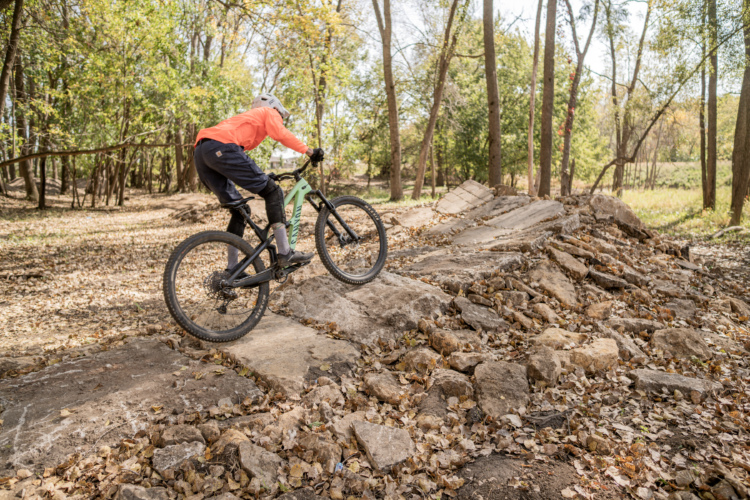


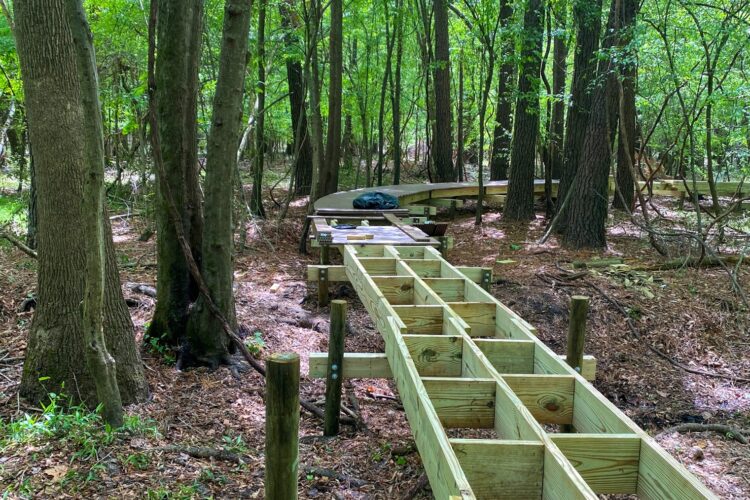
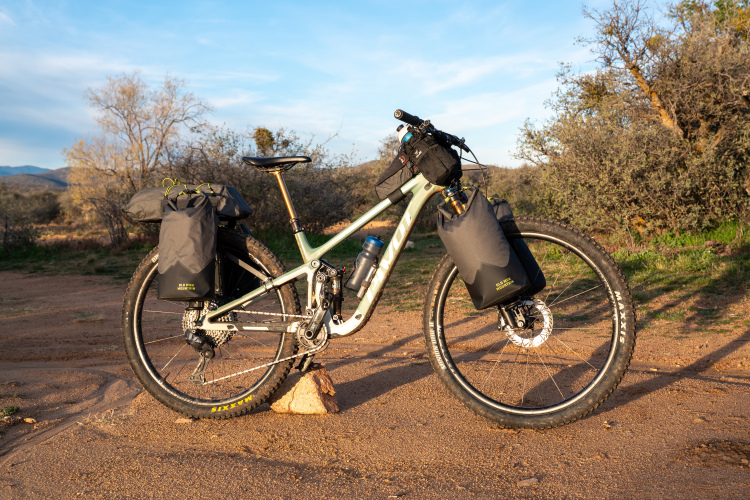

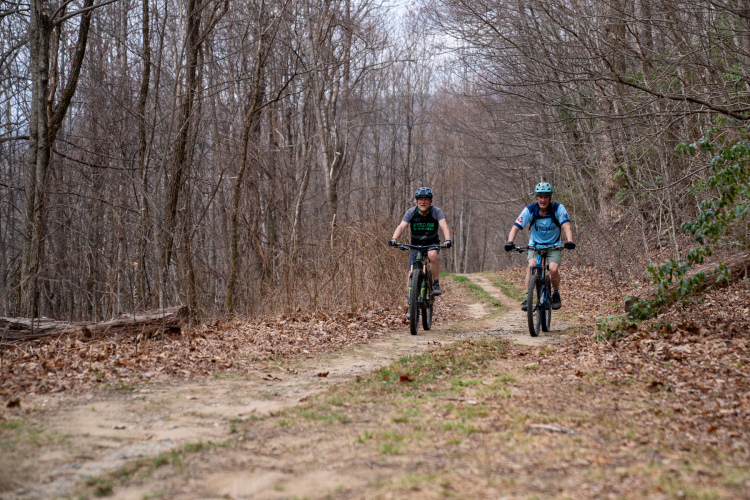
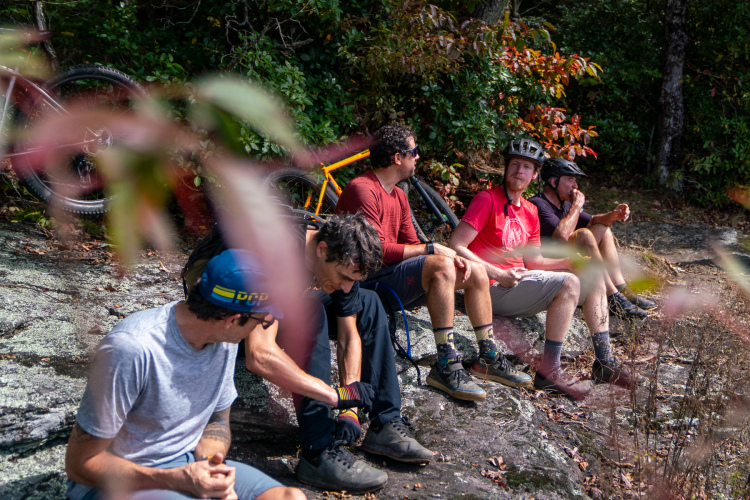

0 Comments